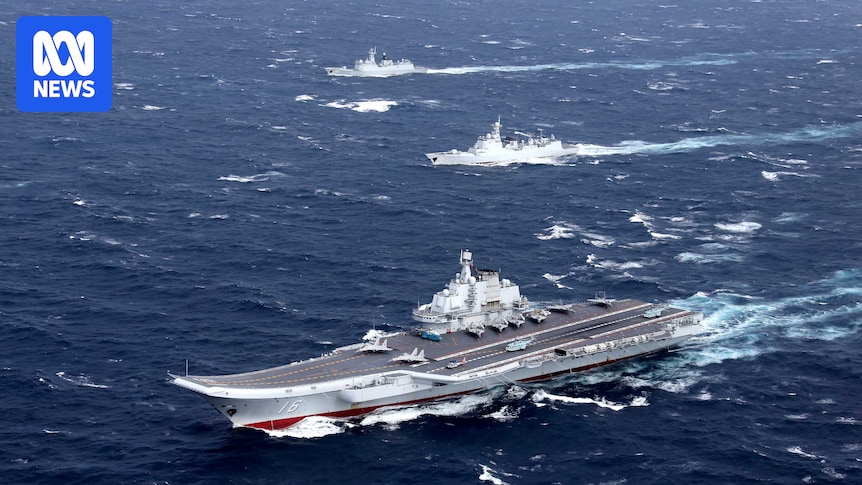
Fiji’s Prime Minister Sitiveni Rabuka has delivered a significant rebuff to China’s military ambitions in the Pacific, asserting that his country would “not welcome” any Chinese military bases in the region. This declaration comes amidst increasing scrutiny over China’s influence in the Pacific, a topic that has drawn international attention.
Despite his firm stance, Rabuka expressed skepticism about China’s intentions, stating he does not believe Beijing is actively seeking a military foothold in the Pacific. “Who would welcome them?” Rabuka rhetorically questioned during a speech at the National Press Club in Canberra. “Not Fiji,” he affirmed, emphasizing his commitment to preventing such developments during his tenure.
Fiji’s Strategic Position in the Pacific
The Pacific region, with its strategic waterways and proximity to Asia and the Americas, has become a focal point for geopolitical interests. Rabuka’s remarks underscore Fiji’s pivotal role in regional security dynamics. He assured that as long as he remains in power, Fiji will not host Chinese military bases, a sentiment he believes China understands well.
Rabuka acknowledged the challenges Pacific nations face in navigating relations with a “big, really big” China, which he said is likely to spread its influence. However, he praised Chinese President Xi Jinping as a “great leader” who has lifted China out of poverty, suggesting a nuanced view of China’s global role.
Contrasting Views on China’s Intentions
Rabuka’s comments diverge from assessments by the Australian government, which has warned of China’s potential pursuit of a security foothold in the Pacific through “dual use” infrastructure projects. These projects, while ostensibly civilian, could serve military purposes, raising alarms in Canberra.
“The prime minister fundamentally does not want to recognise China’s strategic intent,” said Mihai Sora from the Lowy Institute. “Despite earlier acknowledging China’s designs to increase influence, he doesn’t connect that influence with seeking greater military access.”
Australia’s Pacific Minister Pat Conroy has consistently highlighted Beijing’s efforts to establish a security “presence” in the region, including through expanded police cooperation. This perspective underscores the need for alignment in strategic worldviews between Australia and its Pacific partners.
Strengthening Regional Alliances
In light of these developments, Rabuka expressed interest in exploring a new overarching agreement with Australia. He suggested that the bilateral relationship may have reached a point where a formal treaty could enhance cooperation and provide stability beyond the “political whims” of electoral outcomes.
The Albanese government has been proactive in forging strategic agreements with Pacific nations, including Tuvalu, Nauru, and Papua New Guinea, and is considering new pacts with Tonga and Vanuatu. Rabuka’s proposal for an agreement with Australia could further solidify these regional ties.
Vision for an “Ocean of Peace”
Rabuka also detailed his vision for an “Ocean of Peace,” a framework he plans to present to Pacific leaders at an upcoming high-level meeting in the Solomon Islands. This strategy aims to enshrine peaceful cooperation and respect for international law, setting expectations for external actors engaging with the region.
“This means respect for the Pacific way,” Rabuka stated. “Respect for norms and law. No coercion.”
As the Pacific navigates these complex geopolitical waters, Rabuka’s statements signal a clear stance on maintaining regional autonomy and security. The implications of these developments will likely influence future diplomatic and strategic engagements in the Pacific.







